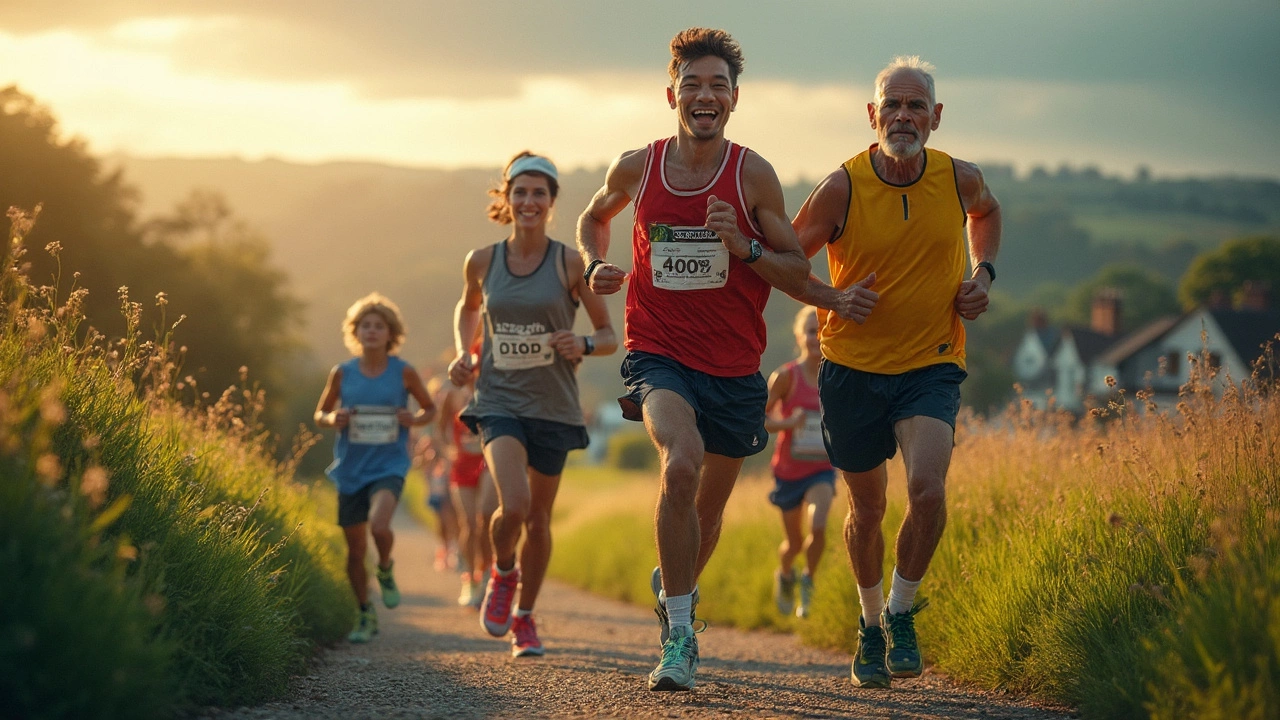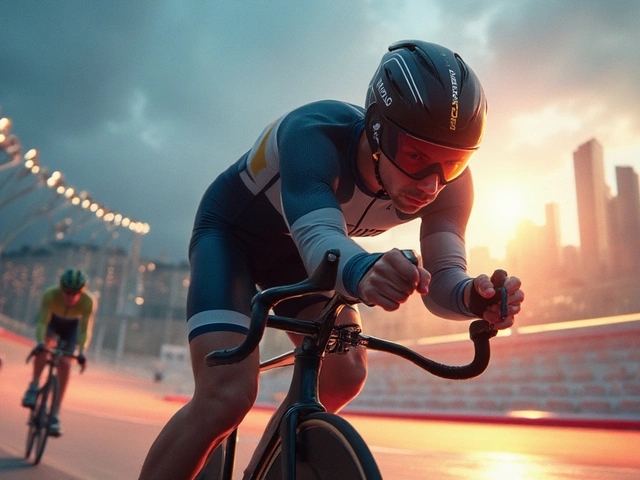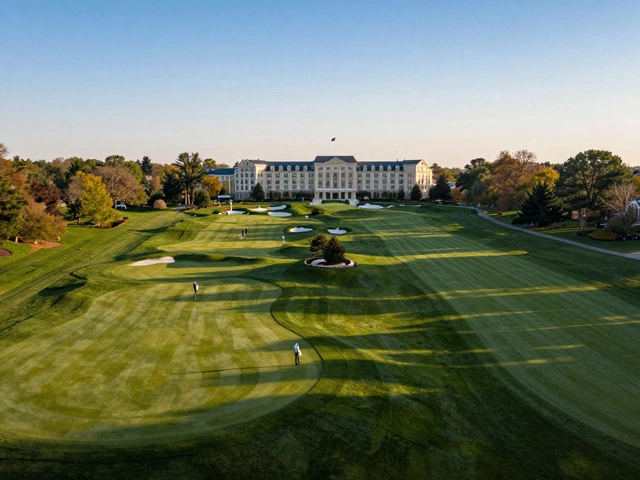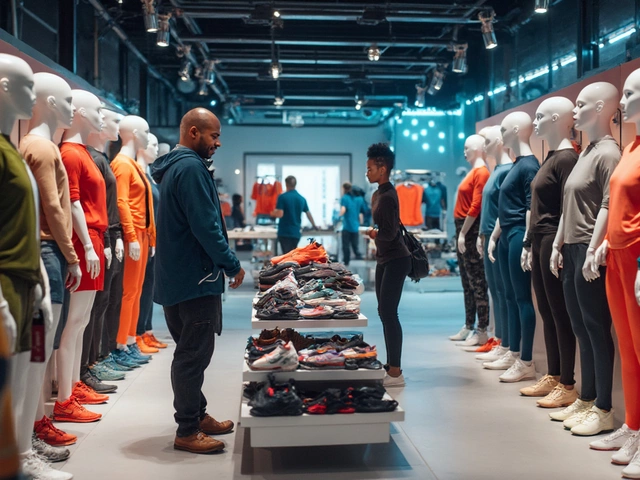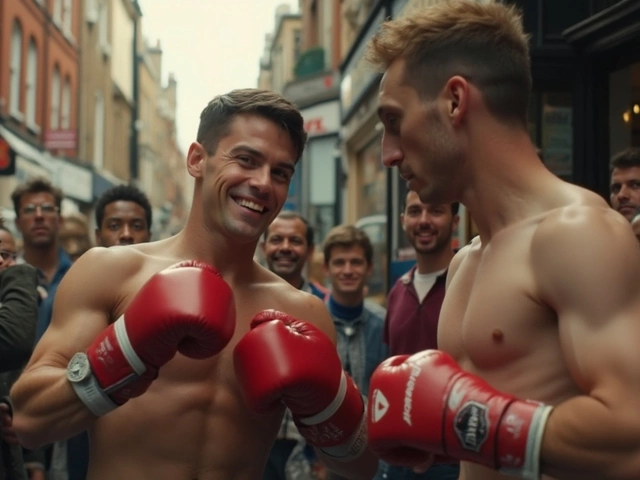Best Age for Marathon: When Runners Hit Their Peak
When talking about best age for marathon, the age window where most runners combine physical prime and race experience to post their fastest marathon times. Also known as optimal marathon age, it guides coaches and athletes in planning training cycles and race calendars. Best age for marathon isn’t a single number; it’s a range shaped by biology, mileage history, and lifestyle. Studies of finish‑time data show a sweet spot usually lands in the early to mid‑30s, when VO₂max, muscle elasticity, and mental resilience converge. Below that, youthful stamina shines but experience may lack; past the mid‑40s, recovery slows, yet seasoned pacing can still shave minutes off the clock. Understanding this range helps you set realistic goals and avoid the frustration of chasing a time that your current stage simply can’t support.
Key Factors That Define the Ideal Marathon Age
One major piece of the puzzle is the marathon runners age, the demographic spread of participants across different age brackets. Age groups shape race strategy: younger runners often rely on raw speed, while older athletes leverage disciplined pacing and efficient energy use. The average age of finishers in major city marathons hovers around 35, but elite fields skew younger, typically 28‑32, reflecting the premium placed on peak aerobic capacity. Knowing where you fall in this distribution tells you whether you should push for a personal best or focus on completing the distance comfortably.
Another cornerstone is marathon training, the structured program that builds endurance, strength, and race‑day confidence. A well‑designed plan adapts to age‑related recovery rates: younger athletes can tolerate higher weekly mileage and faster interval work, whereas seasoned runners benefit from slightly lower volume but more focused threshold runs. Training history also matters; years of consistent mileage can offset the natural decline in VO₂max that comes after the early 30s. By aligning your training load with your age’s physiological profile, you keep injury risk low and performance high.
Finally, marathon pacing, the strategy of splitting the 26.2 miles into sustainable speed segments, determines whether your age‑related strengths translate into a fast finish. Younger runners may experiment with negative splits—starting slower and finishing faster—while older athletes often reverse this, opening conservatively to avoid early fatigue. Effective pacing leverages your personal lactate threshold, which typically peaks in the early 30s, and then tapers to match slower recovery. Mastering pacing bridges the gap between raw ability and race‑day reality, making age less of a barrier and more of a tool.
Putting these pieces together, the best age for marathon success is a dynamic intersection: the biological prime of the early‑mid‑30s, a training regimen that respects age‑specific recovery, and a pacing plan that plays to your strengths. Whether you’re a 25‑year‑old looking to shave minutes off a debut marathon or a 45‑year‑old aiming for a respectable finish, the same three entities—runner age, training, and pacing—guide your approach. Below you’ll find articles that dig deeper into finish‑time benchmarks, training timelines, and practical tips to help you make the most of your current age bracket while planning for the years ahead.
At What Age Do Runners Peak? The Science Behind Marathon Performance
Most runners peak between 32 and 38, not in their 20s. Learn the science behind marathon performance, how age affects your body, and how to train smarter for your best time - no matter your age.
Best Age to Run a Marathon: Timing Your Peak Performance
Wondering what age you should tackle your first marathon? It's more about timing than just age. People in their thirties often excel due to stamina and experience, but don't count out other ages. Whether you're young or hitting the golden years, marathon running is about training smart and respecting your body's limits. Here’s a guide to help you decide when might be the best time for you to lace up those running shoes.

